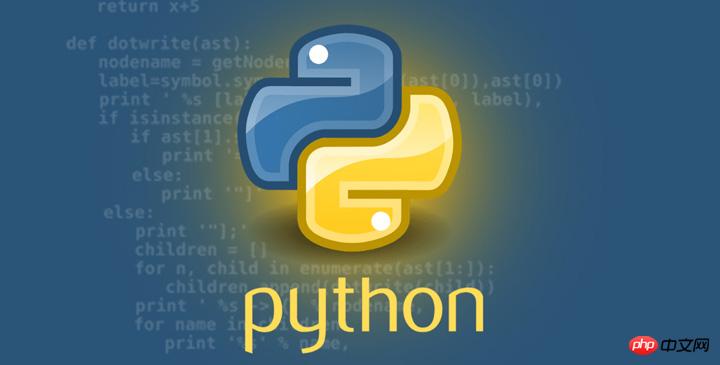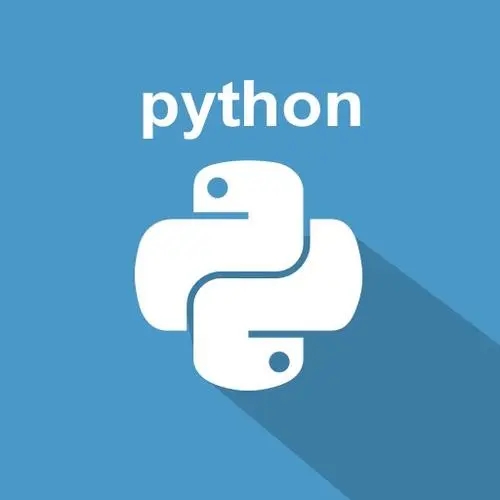使用Python进行MySQL的库主要有三个,Python-MySQL(更熟悉的名字可能是MySQLdb),PyMySQL和SQLAlchemy。
Python-MySQL资格最老,核心由C语言打造,接口精炼,性能最棒,缺点是环境依赖较多,安装复杂,近两年已停止更新,只支持Python2,不支持Python3。
PyMySQL为替代Python-MySQL而生,纯python打造,接口与Python-MySQL兼容,安装方便,支持Python3。
SQLAlchemy是一个ORM框架,它并不提供底层的数据库操作,而是要借助于MySQLdb、PyMySQL等第三方库来完成,目前SQLAlchemy在Web编程领域应用广泛。
本文主要介绍PyMySQL的正确使用方法,示例代码都是选自实战项目。

简单的方式:
pip install pymysql
如果无法联网,需要进行离线安装,例如:
pip install pymysql-x.x.x.tar.gz
import pymysql
def connect_wxremit_db():
return pymysql.connect(host='10.123.5.28',
port=3306,
user='root',
password='root1234',
database='db_name',
charset='latin1')def query_country_name(cc2):
sql_str = ("SELECT Fcountry_name_zh"
+ " FROM t_country_code"
+ " WHERE Fcountry_2code='%s'" % (cc2))
logging.info(sql_str)
con = mysql_api.connect_wxremit_db()
cur = con.cursor()
cur.execute(sql_str)
rows = cur.fetchall()
cur.close()
con.close()
assert len(rows) == 1, 'Fatal error: country_code does not exists!'
return rows[0][0]def insert_file_rec(self, file_name, file_md5):
con = mysql_api.connect_wxremit_db()
cur = con.cursor()
try:
sql_str = ("INSERT INTO t_forward_file (Ffile_name, Ffile_md5)",
+ " VALUES ('%s', '%s')" % (file_name, file_md5))
cur.execute(sql_str)
con.commit()
except:
con.rollback()
logging.exception('Insert operation error')
raise
finally:
cur.close()
con.close()remit_ids = [('1234', 'CAD'), ('5678', 'HKD')]
con = mysql_api.connect_wxremit_db()
cur = con.cursor()
try:
cur.executemany("INSERT INTO t_order (Fremit_id, Fcur_type, Fcreate_time"
+ " VALUES (%s, %s, now())", new_items)
assert cur.rowcount == len(remit_ids), 'my error message'
con.commit()
except Exception as e:
con.rollback()
logging.exception('Insert operation error')
finally:
cur.close()
con.close() def update_refund_trans(self, remit_id):
con = mysql_api.connect_wxremit_db()
cur = con.cursor()
try:
sql_str = ("SELECT Fremit_id"
+ " FROM t_wxrefund_trans"
+ " WHERE Fremit_id='%s'" % remit_id
+ " FOR UPDATE")
logging.info(sql_str)
cur.execute(sql_str)
assert cur.rowcount == 1, 'Fatal error: The wx-refund record be deleted!'
sql_str = ("UPDATE t_wxrefund_trans"
+ " SET Fcheck_amount_flag=1"
+ ", Fmodify_time=now()"
+ " WHERE Fremit_id='%s'" % remit_id
logging.info(sql_str)
cur.execute(sql_str)
assert cur.rowcount == 1, 'The number of affected rows not equal to 1'
con.commit()
except:
con.rollback()
logging.exception('Update operation error')
raise
finally:
cur.close()
con.close()PyMySQL已经相当成熟,和Python-MySQL一样,它在很多Linux发行版本中都是可选的安装组件。
以上就是Python 操作 MySQL 的正确姿势的详细内容,更多请关注php中文网其它相关文章!

python怎么学习?python怎么入门?python在哪学?python怎么学才快?不用担心,这里为大家提供了python速学教程(入门到精通),有需要的小伙伴保存下载就能学习啦!

Copyright 2014-2025 https://www.php.cn/ All Rights Reserved | php.cn | 湘ICP备2023035733号